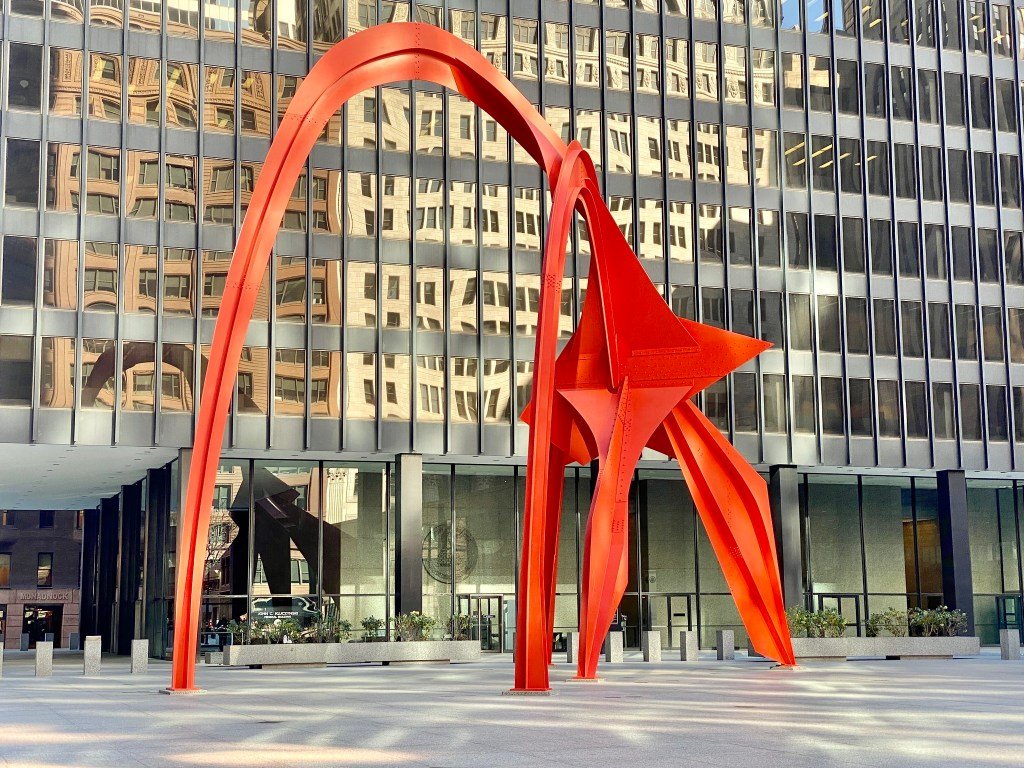

In modern democracies and republics across the world, governments organize group relations, compose and enforce laws, manage ties with other states, and collect taxes. Parallel to politics but no less essential for freedom and flourishing, they also often fund and administer culture and the arts. This is one legacy of the 1948 United Nations Universal Declaration of Human Rights, which affirmed that “everyone has the right freely to participate in the cultural life of the community, to enjoy the arts and to share in scientific advancement and its benefits.” Culture entails both extraordinary arts and ideas and ordinary everyday activities and beliefs, forming the connective tissue between individuals and their communities, as well as between different kinds of groups and collectives. Culture is beauty, imagination, emotion, and knowledge; it is ballet recitals and street festivals; it is tacos and K-pop; it is ritual and invention; it is freedom to both create and to enjoy the fruits of creativity.
Lately, the United States government has mounted a coordinated repeal of the right to culture. There is simply no other way to understand the underlying logic behind the rapid-fire dismantling of the Department of Education, the Public Broadcasting System, National Public Radio, the National Endowment for the Humanities, the National Endowment for the Arts, and the Institute for Museum and Library Services, along with the unprecedented defunding of universities, the censorship of museums and artists, the vehement attack on equal access to institutions, and the swift erosion of freedom of speech. The right to culture is fundamental, and its revocation has grave consequences for the texture of daily life.
As educators in culture, language, and arts at two different kinds of universities in America’s heartland (Washington University in St. Louis, Missouri, and the University of Illinois Chicago), we witness every day that culture is for everybody, as much the purview of rural communities as of so-called urban elites, in blue and red states alike. The right to culture has birthed some of the wonders of our country, like Chicago’s internationally renowned Federal Center, Jane Addams Hull-House Museum, and National Museum of Mexican Art; or Missouri’s Forest Park, where a world-class art museum, a science center, and one of the nation’s top universities all offer free admission to cultural resources; or the Historical Society and Cinema St. Louis, which ensure community access to archives and art. Here, people from every political ideology, socio-economic class, and identity group can find the stories of Tuskegee Airmen, the works of German Expressionists, or playtime with dinosaurs. The Missouri Humanities Council sustains activities that cultivate artisan crafts, preserve historic downtowns, celebrate regional color, and stimulate local economies. Midstate Illinois similarly reaps the rewards of Illinois Humanities, which coordinates festivals and dialogues in small towns like South Beloit, Carterville, and Robinson. People enjoying the right to culture afforded through these institutions come from all walks of life and from the entire political spectrum. DC politicians have cut funding that feeds both rural radio and television stations as well as film festivals and museum exhibitions.

As the current administration repeals the right to culture, we, everyday people, must work to keep it. Exercise it to the fullest extent. Dine at local and immigrant-owned restaurants. Read books written in English or in translation. Recommend Hollywood and indie movies. Speak out, share ideas, take time to marvel at the wealth of options for our entertainment and our intellectual growth that the right to culture ensures. Just look around you — culture is still enduring in our communities. Attend events that are meaningful to you, whether it’s art workshops, food festivals, library gatherings, academic lectures, concerts, film screenings, museum exhibitions, or comedy shows. When possible, consider donating to or volunteering for your local organizations to offset some of the withdrawn federal funds. Subscribe to local and national media with substantive coverage of arts and culture, and donate to outlets providing this coverage without a paywall. Learn about the surprising incubators of culture in your area, and advocate for them with your county officials and government representatives, no matter the political party.
Education at every level is also a crucial arena for cultural support. Cutting and closing programs in K–12 schools and higher education robs young people of the chance to exult in the right to culture. At our respective universities, we urge our students to pursue cultural study and to demand that boards and administrators robustly advance it by supporting arts and humanities rather than prioritizing their closure every time we face economic or political pressures. We similarly encourage our fellow educators to act for the right to culture, including contesting the Trump administration’s deliberate and inertial downsizing of the humanities and arts. We should work with legislative bodies at every level to explicitly enshrine the right to culture in federal, state, and local law. We might take a page from our neighbors and envision a federal act devoted to the right to culture, like Canada’s Multiculturalism Act, or enshrine it in the Constitution, as Mexico has done. We invite you, reader, to advocate for restoring and renewing state and federal funding to schools and universities, which provide fundamental onramps to arts, science, and the pursuit of knowledge.
Culture might seem a less consequential right than due process or free assembly. Its infringement makes less spectacular news than police action, protests, or Washington partisanship. In this way, the gross repeal of a right that took decades to build is at risk of going unreported. Lacking opportunities to encounter, explore, and create culture, social bonds weaken, engagement with the best of our communities fades, and economic growth slackens. Without culture, our capacities for self-government atrophy, our local communities wane, our intellectual and emotional lives wither and default to AI slop, and our paths to meaning and fulfillment close.






